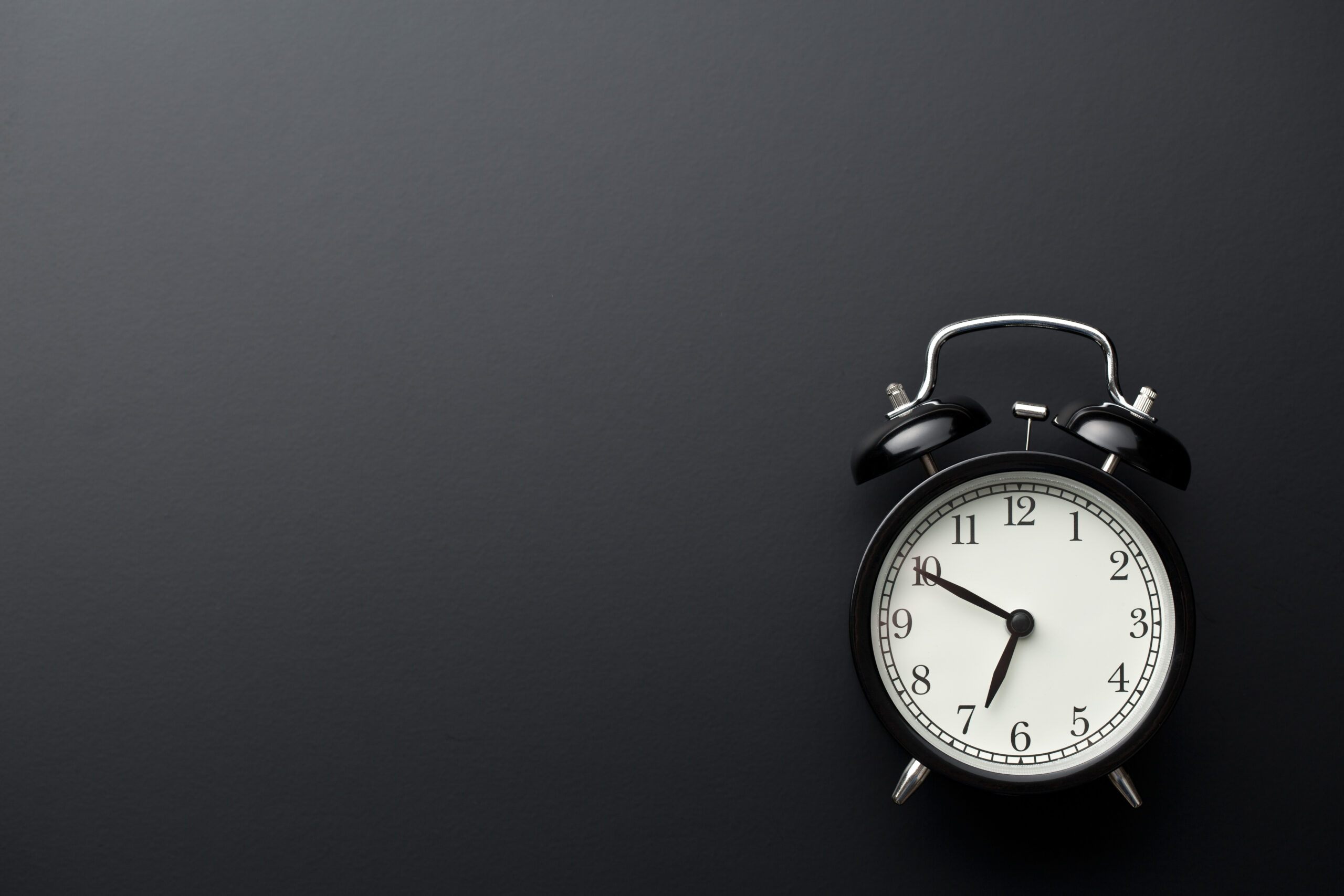How to Help Dementia Patients with Hand-Eye Coordination Exercises
Helping Dementia Patients with Hand-Eye Coordination Exercises
Hand-eye coordination is an essential skill that involves the ability to use your hands and eyes together effectively. For people with dementia, maintaining this skill can be challenging but is crucial for daily activities and overall well-being. Here are some simple and engaging exercises to help improve hand-eye coordination in dementia patients.
### Activities to Improve Hand-Eye Coordination
1. **Puzzles and Games**: Engaging in activities like jigsaw puzzles, card games, or matching games can be very beneficial. These activities require picking up pieces or cards, which helps maintain hand-eye coordination and fine motor skills. Even simple puzzles with large pieces can be enjoyable and effective.
2. **Using Tongs**: This exercise is excellent for enhancing hand-eye coordination and fine motor skills. Using tongs to pick up small objects like beads or small toys can be a fun and challenging activity.
3. **Corn Pouring with a Funnel**: This activity not only helps with hand-eye coordination but also promotes independence. Pouring corn through a funnel into a container can help improve motor skills and dexterity.
4. **Arts and Crafts**: Engaging in arts and crafts, such as painting or drawing, requires coordination between the hands and eyes. These activities can be calming and provide a sense of accomplishment.
5. **Physical Exercise**: Incorporating physical activities like walking or simple exercises can also improve overall coordination and balance, which indirectly supports hand-eye coordination.
### Benefits of Hand-Eye Coordination Exercises
– **Maintains Independence**: By improving hand-eye coordination, individuals with dementia can perform daily tasks more effectively, maintaining their independence for longer.
– **Boosts Confidence**: Completing these exercises can give a sense of achievement, which is important for boosting self-esteem and confidence.
– **Reduces Frustration**: Engaging in activities that are enjoyable and manageable can reduce frustration and anxiety associated with declining abilities.
– **Encourages Social Interaction**: Many of these activities can be done with family or friends, promoting social interaction and reducing feelings of isolation.
### Tips for Caregivers
– **Make It Fun**: Ensure that the activities are enjoyable and not stressful. The goal is to stimulate and engage, not to frustrate.
– **Adapt to Abilities**: Choose activities that match the individual’s current cognitive and physical abilities to prevent frustration.
– **Encourage Participation**: Encourage participation but do not force it. Let the individual set the pace and decide when to stop.
By incorporating these exercises into daily routines, caregivers can help dementia patients maintain their hand-eye coordination, improve their quality of life, and enhance their overall well-being.





